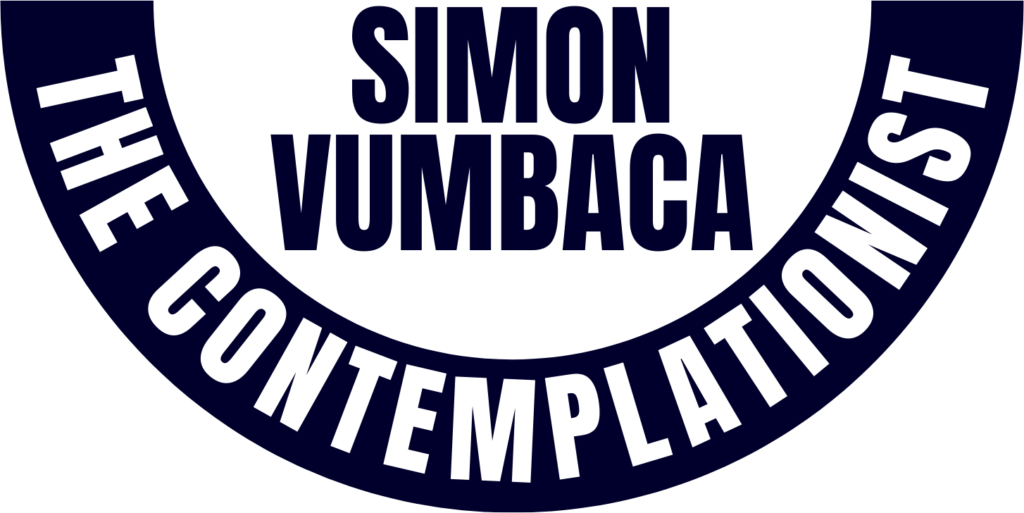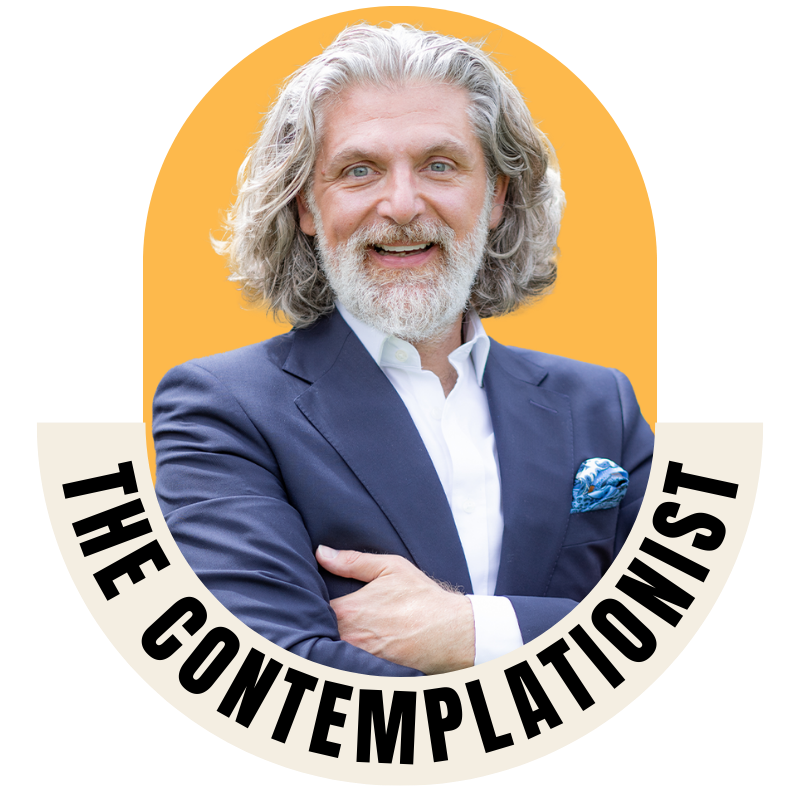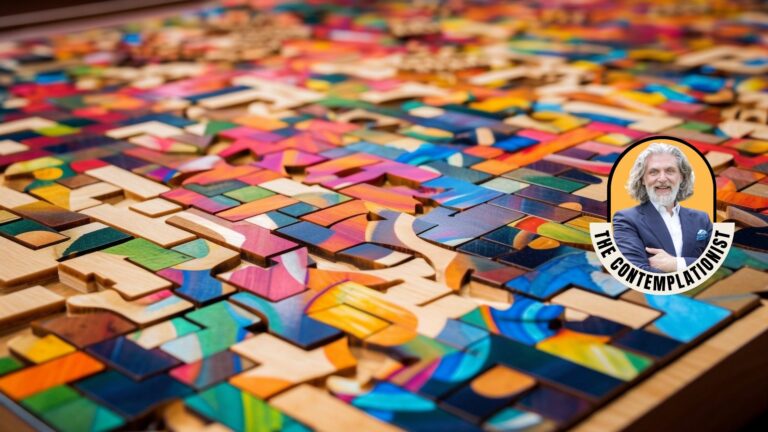It is said that “How you do anything, is how you do everything”. This applies to all things we do. Over the years, I have observed that this is generally a true rule of thumb. I’ve noticed how, in many cases, when people decrease their overall vision and ambition, accepting what they cover up under the “necessary compromise” umbrella, there is a loss of focus and determination that spreads to all aspects of their lives. They are more likely to compromise and keep compromising again, based on, well, nothing evident. The opposite is also true. Some individuals do not compromise; they stay focused, and they progress. And they apply that focus to everything they do, sometimes with too much emphasis.
Take, for example, people trying to quit drinking. They typically fall into two camps: those who focus on the long-term benefits and those who obsess over what they’ll miss, making excuses to justify their habits. Unsurprisingly, those in the first group stay on track, while the second group remains stuck. So much so the first group is likely to have extended that discipline to other areas of their lives.
Winning is not a fluke—it’s an extension of who we are.
When your vision is cohesive, every action you take contributes to your success. Winning doesn’t happen by accident; it comes as a result of dedication, discipline, and aligning your efforts with a clear, long-term goal. Winning is achieved when it becomes an extension of who we are, an extension of our cohesive vision of life. We win when the time is right because it fits within what we have been working hard toward, and the win makes sense. I rarely witness a winner truthfully stating that the win happened by accident. When I do hear such a statement, it is usually the case that the hard work put into training for the win produced results earlier than expected—a very different mindset altogether.
When everything is done to win, in accordance with the overall goals we have set; when we have followed the defined plan, investing hours of sacrifice and dedication, almost devotion, to achieve a specific accomplishment; once we are near our goal and it is within reach, the fear of winning seems an improbable proposition. Yet, that is not what I observed. The first win is often the hardest because it solidifies our belief in our ability to achieve. After that, winning becomes part of who we are—it’s a confirmation that we’re on the right path. Rarely the first win is the entire journey!
Sometimes it is not the first win that impacts us, but rather the win we have been chasing for a long time. Sometimes that win is simply linked to defeating a specific opponent, conquering a course, or overcoming certain adverse conditions always deemed unsurmountable.
Sometimes the significance of a win lies more in when it occurs in our life. The genuine joy a super champion Novak Djokovic displayed this year in winning the Olympic tennis gold medal. It looked to all just as significant to him as his first Grand Slam victory. In fact, very often, we hear from winners that a specific event was the one they always dreamed of winning, and now that dream has come true.
This is normally the first important win, save for exceptions like Novak Djokovic, who has so many Grand Slam titles under his belt. This experience is shared across sports, business, and life, by many successful individuals.
Winning must align with the broader purpose we’ve defined for ourselves.
Once we’ve embraced the mindset of winning, it becomes our responsibility to continue to maintain the vision and continue improving. Success is built on maintaining a cohesive vision. Being proficient at something is tied to how consistently we execute our efforts, much like the broader saying, “how you do anything is how you do everything.”
From a Contemplationist perspective, once the mindset of winning is integrated into a cohesive vision, it fuels our desire for continued improvement. It empowers us and stimulates us to want to perfect and improve each time more. The essence of winning, when it becomes part of who we are, transforms from a one-time achievement into a habitual, deliberate outcome. It becomes also about how we win and not if we win.
When you next set a vision or goal, especially one that involves a significant win—a negotiation, a deal, a sporting event, or any major milestone—ask yourself: does this outcome fit within my broader vision? Is it truly part of my core mission and essence, or is it just something I feel pressured to achieve?
True, lasting wins are those that contribute to a cohesive vision of life.
Once winning becomes part of your cohesive vision, even fractional wins become equally, if not more, important than the big ones. Incremental wins, aligned with your vision, become part of the foundation that will propel you to the next level, compounding day by day. Though we all like the idea of a magic bullet that gets us there fast, if found, this will likely not last, as it does not fit into your cohesive vision.
The higher the level we aim for as part of our vision, the more detailed everything becomes, making marginal increments the most important advancements toward the goal. The difference between an Olympic gold medal, eternal sporting glory, and being the best of the rest was, in the men’s 100m final at the 2024 Paris Olympics, the difference between 9.784 seconds of Noah Lyles (USA) and 9.789 seconds of Kishane Thompson (JAM). The time it took you to read this sentence is longer than the delta of .005 seconds! The previous Olympic champion finished 5th in 9.85 seconds. Incidentally, in that final, no one was slower than 9.91 seconds. Now, that is a marginal increment that made the difference. For Lyles, this was his personal best, reinforcing the fact that the win was part of his cohesive vision to win that event, on that day, in that arena.
Nothing stays the same forever, as much as we want it to and hope for it to. Embracing that finality is what makes moments magic. It means that any part of one’s cohesive vision is empowering, and winning is certainly no exception. Hopefully, Noah Lyles would not disagree!
Mastering the art of discerning between real wants and distractions is key to achieving meaningful success.
By integrating Contemplationism into your life, you align your desires with a cohesive vision that fosters a purpose-driven approach and lasting impact. This daily practice of growth—learning from each decision, past or future—transforms everyday’s choices into powerful steps toward larger goals. If you’re ready to embrace this shift, Contemplationism offers the framework to bring clarity and purpose to every aspect of your life.
Are you ready to turn your aspirations into reality? After all “How you do anything, is how you do everything”.






